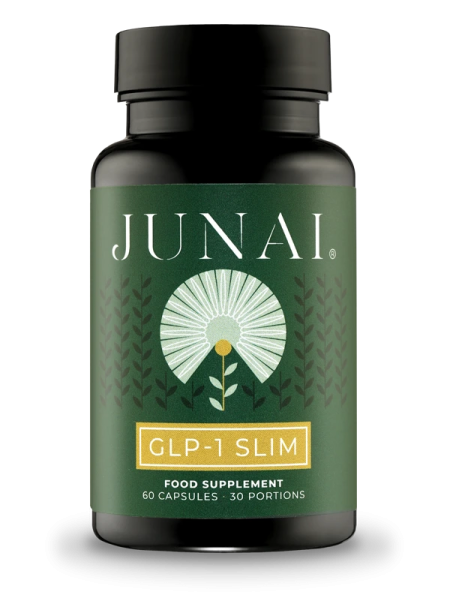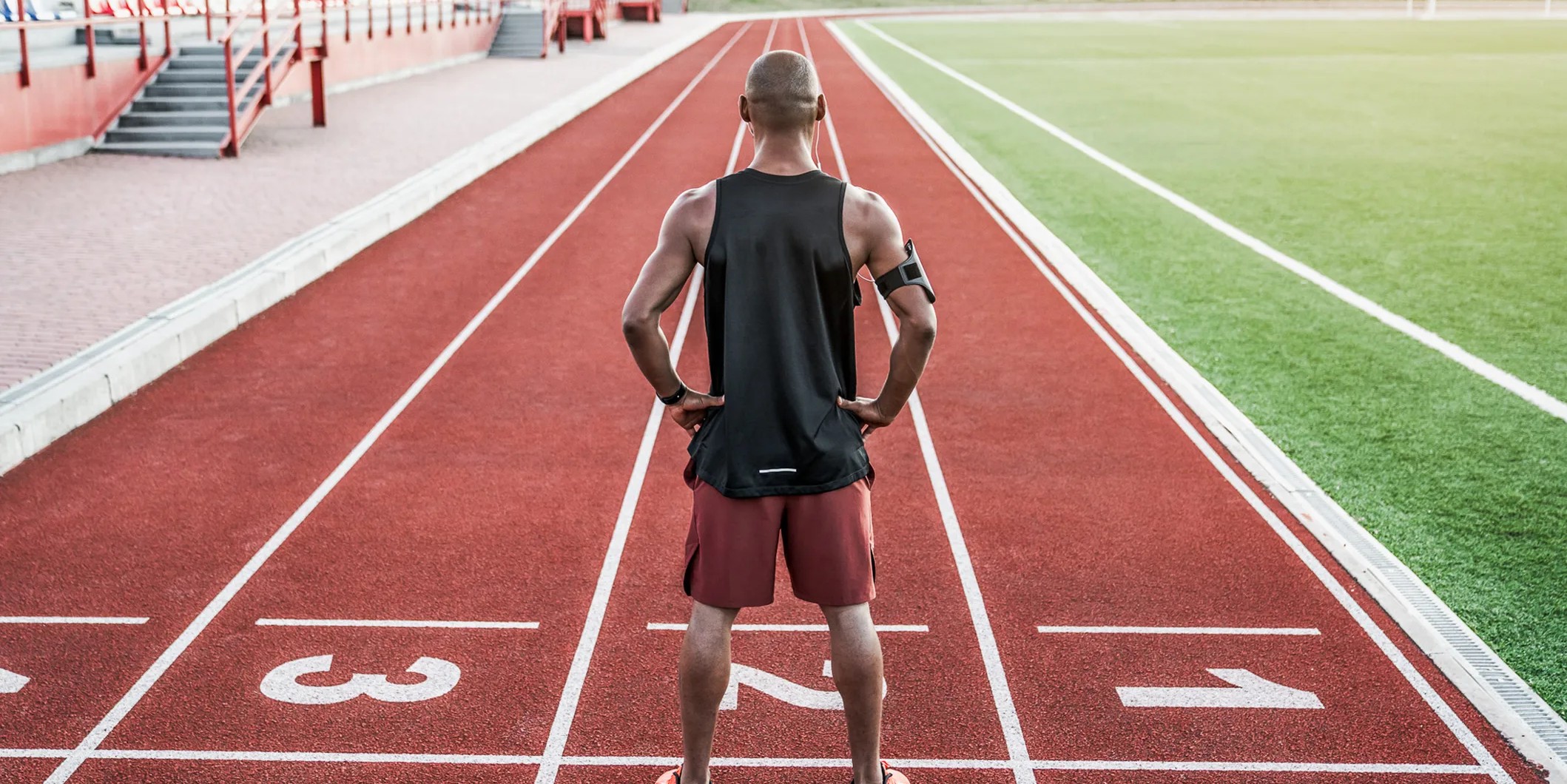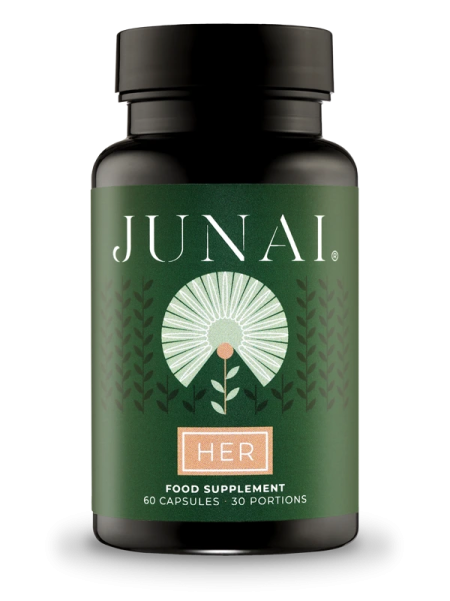Getting the best out of your body often starts not in the kitchen and not in the gym, but right in your own mind.
Everything starts with the right attitude
This blog post was written just as the snows were beginning to melt to cap off the 2025 ski jumping season, which saw Slovenian phenomenon Nika Prevc breaking records and snatching podium after podium as she decimated her competition. That’s impressive enough as it is, but when you read that Nika is the fourth of five siblings to completely dominate the sport at the global level, it becomes clear that something is going on with the Prevc family that transcends individual sporting exceptionalism. And sure enough, again and again, the single winningest family in the history of ski jumping confirms: their success is just as much about mindset as it is about athletic prowess. Read further about what goes on in the brains of the Prevc family and other incredible athletes and see what parts of their mentality can help you on your own journey.
Daily routines
Consistency
It’s often said that successful athletes don’t dream, they plan and schedule. Just as much with nutrition as with exercise, we cannot overstate the importance of consistency. Build routines and make your steps towards personal improvement a regular part of your day, then ignore (as much as possible) any sabotaging voices in your head convincing you to veer from your set path. The importance of consistency isn’t lost on the Prevc family, whose patriarch commented on his daughter’s success, saying, “Nika is probably more consistent than all the other three boys combined. She’s more stubborn and more consistent.” No wonder she’s picking up victories every time she puts on her skis. Now, there are several ways of constructing a consistently healthy schedule. Simple steps start already by using a marker on a water bottle to remind yourself by when you need to drink enough to stay hydrated. Further, there are plenty of technological solutions that send you reminders about your health goals. Other psychological tricks exist, too, such as officially signing up for a gym or other fitness course. Studies have also shown that incorporating supplements into your diet can serve as a powerful reminder to stay on track with both your exercise and your dietary goals (Health habits and other characteristics of dietary supplement users: a review - PMC).
Recovery
Underestimating the need for rest and recovery is one of the single biggest mistakes made by amateur athletes or just in general everyday people looking to make progress in their health goals. Always getting 8+ hours of sleep might be an unrealistic goal, but shoot for 7 at the least. Most of us have a guilt complex about taking time to rest, as we tend to think of rest as the unacceptable opposite of society’s most treasured currency: being productive. Hard as it may be, you need to remind yourself that you aren’t being unproductive by taking time to rest after working out. Quite the opposite, you’re reinforcing the hard work you’ve already put in. So if a part of your brain is nagging you about being unproductive, remind it that, without the rest, the time spent working out was completely wasted, as the gains won’t even stick. Even the most work-driven mind will have to agree that it’s better to take a quick nap now than to have completely wasted the time you already invested in exercise. Work hard, rest hard!
A little bit of selfishness
There is simply no way to find the time needed to train and regenerate properly without insisting on it. This may seem like mission impossible in today’s fast-paced world, in which it seems like we should always be in a rush to finish whatever it is that we’re doing, especially if we’re enjoying ourselves, just so we can again dash off to the next, more productive use of our time. Families need us, friends want us, and clients and customers feel entitled to us, and it can often feel like we’re abandoning all of them when we turn off our phones and dedicate an hour to ourselves. The most effective way to combat that guilty feeling is to keep in mind that we can only give all of ourselves when we feel satisfied and content: it’s better to be fully present for those that need us than always be looking at a clock with the nagging feeling that we should have been training. Hit the gym or go for that run and you’ll be able to give a much better version of yourself to those around you.
Getting into the right headspace
As Nika Prevc’s brother Peter said during a slump in form back in 2017, the brain is just as important as the body: “I’ve trained hard and I’m in great physical shape, but it’s the head that causes problems.” Like the true champion he and his siblings are, he turned his mental state around, going on to win Olympic gold with his team in 2022. Visualization was one of the techniques that helped him.
Visualization
As we highlighted in our blog post on visualizing success, there is an incredible psychosomatic response generated by mentally imagining the positive steps along your path to progress. Key here are the brain’s visual and motor cortex, which undergo the same physiological process during visualization of an activity that they would when actually performing that activity. This fact is all too well known to the world’s top athletes, who make visualization exercises a regular part of their training. Let’s be clear: proper visualization isn’t just daydreaming about how successful you are going to be one day somehow, but actively and targetedly going through the very motions of success, imagining in as faithful detail as possible every aspect on your path from here to result.
Handling setbacks
In the summer of 2024, Roger Federer, undisputably one of the top 5 players ever to wield a tennis racket, gave a commencement speech at Dartmouth college. His words revealed what to many was a shocking statistical revelation: Federer only won 54% of all the available points in all the matches he’d ever played in his career. But despite only being 4% better than his opponents at the level of points, when it came to matches, he won 80%. It requires massive mental fortitude to lose 46% of all serves, knowing that for any given play you’re nearly as likely to lose points than gain them, and yet still play confidently, believing in yourself and pushing forward to victory. Take a lesson from Federer and don’t let minor setbacks discourage you. Everybody has an off day and everyone struggles with their fitness goals at some point: don’t fret about individual setbacks or failure to reach short-term goals. Keep your eyes on the prize and remember that even winning 54% of the points puts you on the path to multiple Grand Slams.
Sport is life
While this blog has focused on the athletic mindset primarily in terms of health and fitness goals, nearly all of it can apply broadly to any area of your life that you want to improve. After all, the path to world-class athleticism is paved with incremental but constant improvement upon the status quo. Use the same techniques to advance in any other field you desire.
Be consistent and build habits as a natural part of your daily, weekly, or monthly schedule. Once they are integrated into your routine, don’t ask yourself anymore whether you feel like it or not, but stick to the plan you made for yourself.
Be selfish when it’s time for you: leave your partner, kids, or job for an hour, phone on silent, and treat yourself to focused energy on whatever you want to improve.
Visualize your victories before taking the first step. Sure, you might still fail, but your chances of success skyrocket when we believe in yourself and have already pictured yourself on the winner’s podium. And if you do fail...
Pick yourself back up! Remember, you can win 80% of your tennis matches by picking up 54% of the available points. Setbacks are a normal part of progress and it’s important that your trend is positive, regardless of temporary setbacks.
Last of all, and not to sound too maternal, but get some sleep! Turn off your screens in the evening (read our blog on biohacking to see why light stimulus is so important) and hit the hay with enough time to regenerate, both physically and mentally.
Related products

Junai GLP-1 Slim
- A powerful natural tool to help you meet and maintain your target weight
- Stimulated metabolism, improved digestion, and stabilized energy stores
- Natural appetite suppressant that curbs cravings and makes you feel full longer
Related posts

Seeing is believing: visualization as a meditative technique
Seeing is believing: boost your focus and reach the stars through the power of visualization.














